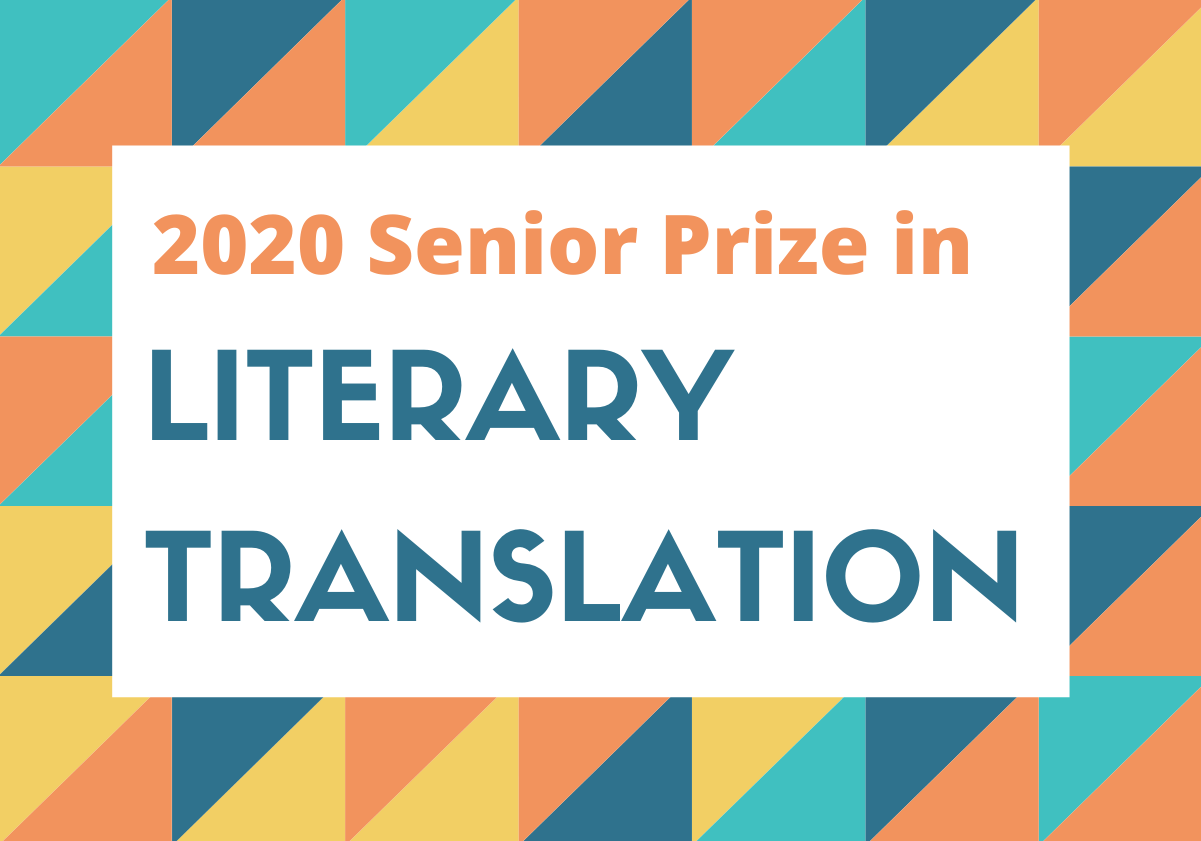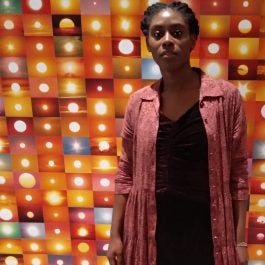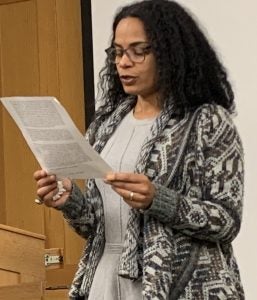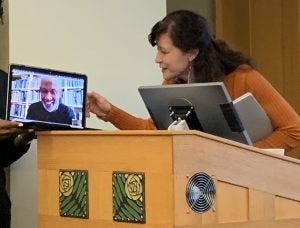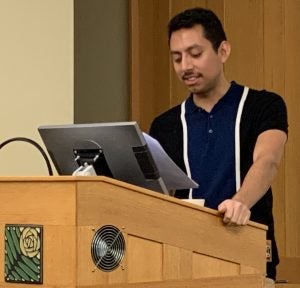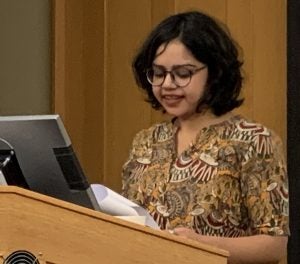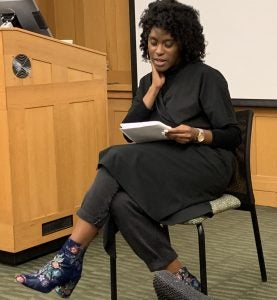This week, we’ve been diving into Emily Goedde’s translation of selections from Wei-Yun Lin’s My Mother’s Parasites. Read the full excerpt in The Brooklyn Rail.
Tapeworm
(Translated from the Chinese)
When I was a kid, I would often go down to the river to fish with my friends. The fish all had tapeworms, which we would pull out of their stomachs and bury in the ground (we were afraid dogs would dig them up). Then we would roast the fish and eat them. One time, a kid started to play near where we had buried a worm. He was digging and digging at something, but he didn’t know what it was. Later his parents came to get him, and holding our tapeworm in his hand, he proudly turned to them and shouted, “Ha ha ha! Look what I found! A shoelace!”
– A story my Polish friend E. told me
One of my clearest childhood memories is a tapeworm I saw in Tokyo’s Meguro Parasitological Museum.
It was a human tapeworm. I don’t remember how long it was—I just remember it was enormous, like the white paper used for receipt tape. Even wrapped in coils, it was many times longer that I was at the time. Now that I think about it, it must have been ten meters. Or maybe it wasn’t that long—it just seemed that way to me as a small child. It was simply beyond my comprehension.
The reason I saw this tapeworm at all was because of my mother. At the time she was assistant professor in the Parasitology Department at the celebrated NTU, National Taiwan University. When people asked her profession, she would give a sly smile and say, “I teach parasites,” implying that the students were the parasites. On the other hand, so as not to be “parasitical” students, her students would say they were in the microbiology department.
Parasites have been in my life for as long as I can remember. We were around each other a lot, like best friends or favorite toys (although they couldn’t play with me; nor I with them). They were like invisible friends.
Before I learned to say my ABCs or “How are you?” in English, I had memorized the complicated and hard-to-pronounce English word “parasitology.” It was listed on the elevator next to the floor of my mother’s department. Still very small, I had great aspirations to memorize all the other English words on the elevator as well: anatomy, pharmacology, biochemistry, public health.
Did I think about earning a PhD in biology like my parents? The answer is both yes and no. The first thing I remember wanting to be is a zoo director (because both my parents studied animals). Later I wanted to be an inventor (that was because of Doraemon) and an elementary school teacher (my parents and maternal grandmother and great-grandfather were all teachers). Then, when I was twelve, I set my heart on becoming a writer (after I read Zhang Xiguo’s book Chess King). Although when I was in middle school, I suddenly decided that I wanted to research jellyfish (because we went to Palao, where the jellyfish were amazing, and I wanted to feel what it was like to be stung).
My parents didn’t comment on my jellyfish announcement. My father just said, “If you want to study jellyfish, you should go to France, because that’s where the best research is being done.” To this day I still don’t know what they thought about all this. Were they glad, “Our daughter has finally chosen the right path.” Or were they worried, “What? She changed her mind again!” Or were they afraid, “Good Lord, not another PhD? Can no one in our family escape this fate?” Speaking of fate, perhaps becoming a “high-level academic” really is a fated, family curse. In the Qing Dynasty, my grandmother’s father was a xiucai, a scholar who passed the imperial exams at the county level; her older sister directed a girls’ school, and my mother and two of my uncles all got their PhDs in the States. On my father’s side, however, he is the only one to have a PhD, and that’s just because the first time he went to my mom’s house for dinner—and an interview—my grandmother pulled him aside and threatened him: “My daughter is going abroad for her PhD, if you want to marry her, you’ll go too.”
Emily Goedde has been translating and thinking about translation since she was a high school student, when she spent her senior year as an exchange student in France. After college she lived in China for several years, where she was a writer for ex-pat publications. She then returned to the states to earn an MFA in literary translation from The University of Iowa and a PhD in Comparative Literature from the University of Michigan, where her “creative” dissertation was a study of how translating wartime poetry taught her how to listen. She has been teaching writing, translation, and listening for over ten years to students of many different backgrounds, and she has developed sound studies projects, a literary translation journal, and translate-a-thons, which bring students together with professionals to translate documents for nonprofit organizations. For the past two years, she has been working as a freelance literary translator, and has published her work in The Iowa Review, harlequin creature, and Jade Mirror: Women Poets of China, among other publications.
Wei-Yun Lin (林蔚昀) was born in 1982 in Taipei, Taiwan. She is the author of three prose collections: 我媽媽的寄生蟲 (“My Mother’s Parasites”), 易鄉人 (“Translanders”), and 回家好難: 寫給故鄉的33個字詞 (“So hard to return home”). My Mother’s Parasites won a Golden Tripod Award from the Taiwan Ministry of Culture in 2017 and was published in Korea in 2018. Lin has also authored a poetry collection entitled 自己和不是自己的房間 (“A Room of One’s Own and Not of One’s Own”) and is now preparing a picture book called 憤世媽媽日記 (“The Diary of a Cynical Mom”). She currently lives in Taiwan with her husband and two sons.


